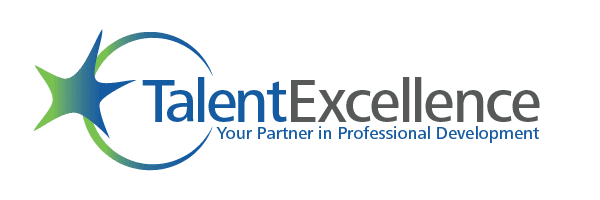Industry Profiles
Each industry in the United States has a unique set of characteristics, including job availability, benefits, and the general culture. And whether you are currently unemployed, searching for an entry-level position, or are seeking a career transition, it helps to know what to expect from the kinds of professional jobs you are interested in pursuing.
Armed with a thorough understanding, you can not only evaluate whether or not a potential career is a good fit for you, but you can also best prepare to make a great impression on employers once you do make a decision
Technology
Overview and Outlook
Sectors of the industry include software, telecommunications, and electronics manufacturers. According to Forbes online, the tech industry in the U.S. is poised to add 22 percent more jobs in the next decade.
Because the industry is rapidly evolving, hiring managers seek innovative thinkers who often have a high-aptitude for understanding computers and programming and are innately passionate about the newest trends in technology. As such, entry-level graduate students are often in high-demand
Benefits
Salaries are substantial, and the office culture is usually progressive, enthusiastic, and team-orientated, with a friendly relationship between management and staff. But, although many companies foster a laid-back atmosphere with many benefits and day-to-day comforts, the pressure to stay ahead of the curve in the industry often encourages or requires people to work long hours.
Your Career
With years of experience working with leaders in the technology industry, Talent Excellence can help you prepare for a position in this field or navigate the culture successfully.
Contact Terri for personalized advice and support.
Retail
Overview and Outlook
Sectors of the industry include “hard retail” (electronics, appliances, sporting goods, etc.) and “soft retail” (clothing and fabrics). According to the National Retail Federation, the retail industry in the U.S. is experiencing a lag in employment due to modest gains in retail sales.
The pace of retail is fast and relies on impeccable customer service and the ability to “make the sale.” An affinity for customer service is often the key quality that employers look for in addition to experience in sales, merchandising, and supervising. Many companies also require completion of a pre-employment assessment to evaluate the character of the applicant.
Benefits
Salaries and benefits in the retail industry are modest, and the predominant corporate structure is of a strict hierarchy of managers and supervisors. As such, each company either fosters high turnover or satisfied staff depending on the style of those in the leadership positions and how they interact with staff and coworkers.
Your Career
With years of experience working with leaders in the retail industry, Talent Excellence can help you prepare for a position in this field or navigate the culture successfully.
Contact Terri for personalized advice and support.
Human Resources
Overview and Outlook
“Human Resources” (HR) is a broad term covering employer-employee relations that can be specialized or cover a wide range of activities. In addition to many other tasks, human resource generalists are often responsible for hiring and firing, the creation of benefits packages, legal issues, dispute resolution, and employee training. Though cyclical, the outlook for jobs in the HR industry is decent, with the U.S. Department of Labor’s Bureau of Labor Statistics predicting a growth rate of 21 percent for human resource specialists and 13 percent for human resource managers from 2010 to 2020. Most jobs in the human resources industry require a Bachelor’s degree, and many large companies expect at least three to five years of previous HR experience.
Benefits
If you are a professional who likes variety, can participate in business discussions, and wants to interact with executives and employees, you may enjoy a career as a human resource generalist for a company. You will also appreciate the compensation: Most human resource generalists have a good benefits package and a rate of pay around $60,000; specialists make slightly less. Human resource managers can make about $90,000.
Caveat: while there is a lot of positive interaction with staff, HR is a more difficult fit for people who strongly dislike being responsible for unpopular decisions.
Your Career
With years of experience working with leaders in the HR industry, Talent Excellence can help you successfully prepare for a position in this field.
Contact Terri for personalized advice and support.
